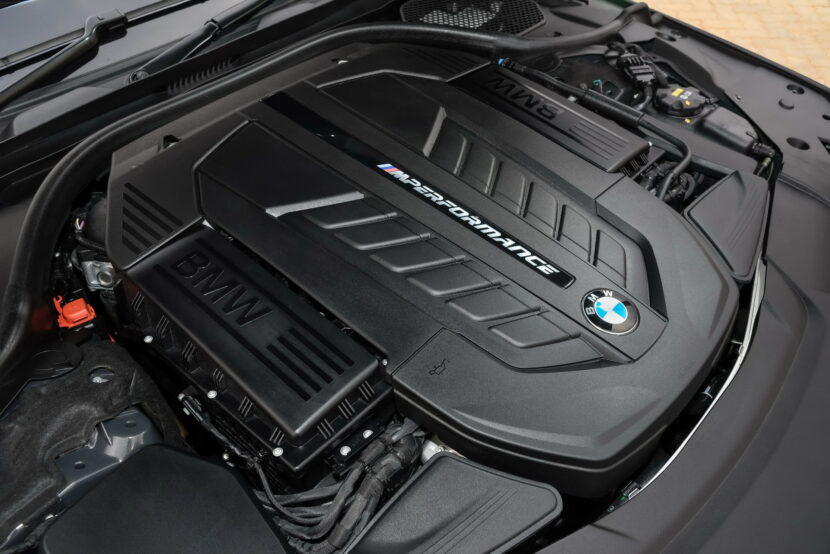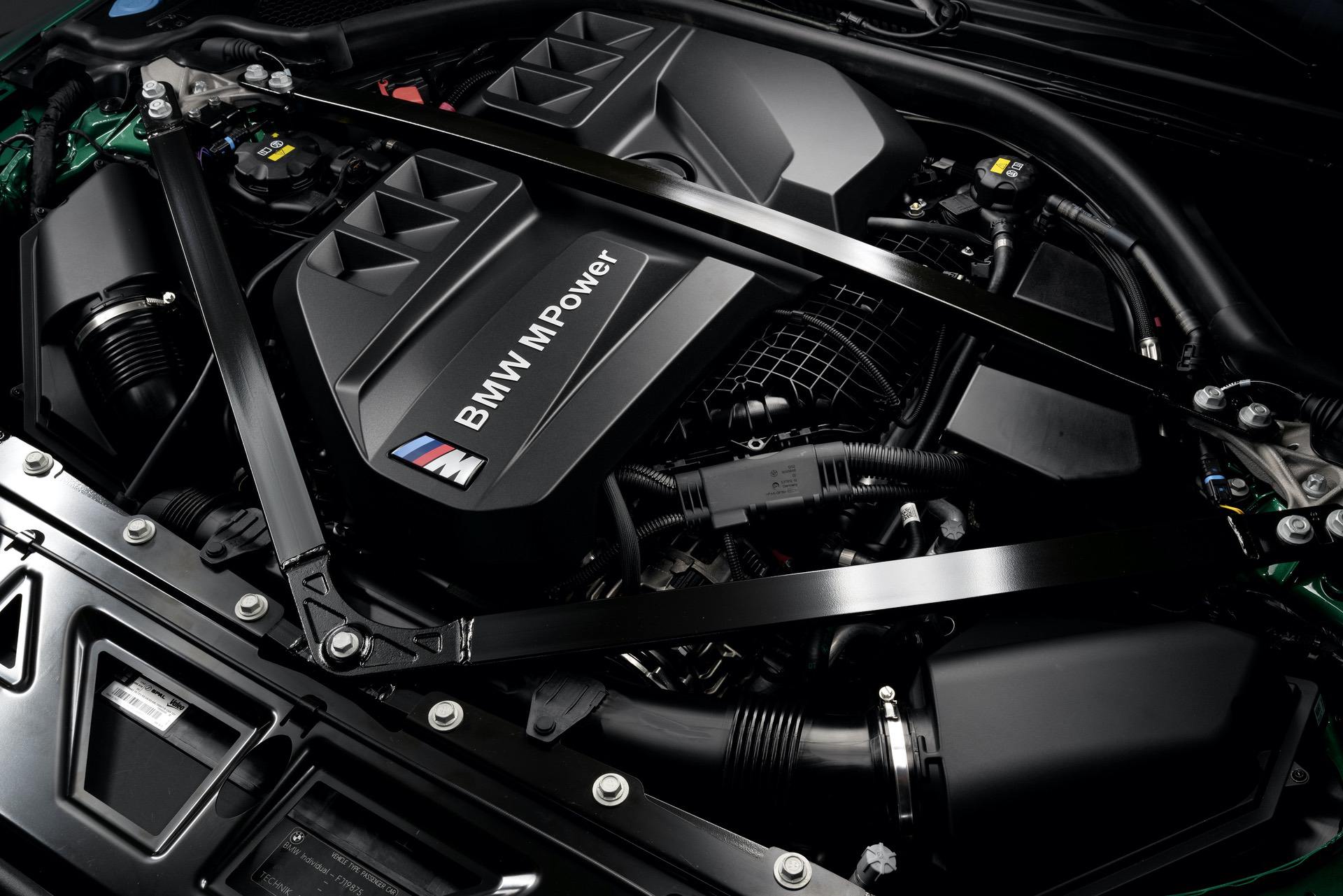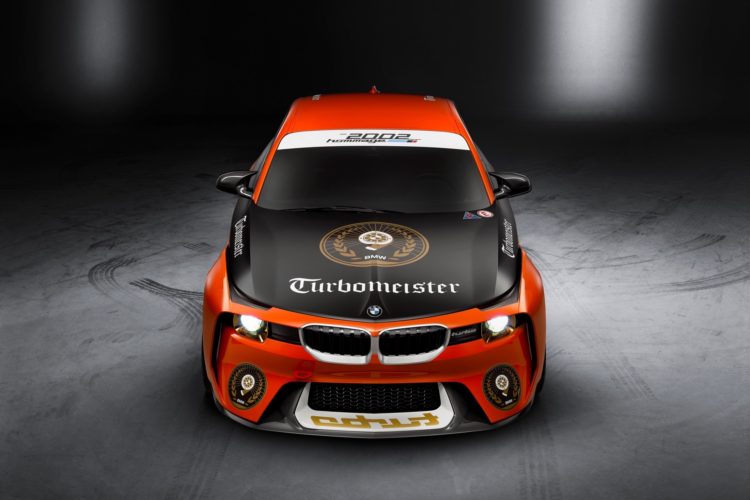The ongoing 2021 COP26 (Conference of the Parties) represents the 26th edition of the United Nations Climate Change Conference. Delayed for a year due to the coronavirus pandemic, the event takes place in Glasgow and focuses on the increasingly worrying climate changes and how these are negatively impacting humanity.
One of the hot topics is pollution generated by traditional cars equipped with internal combustion engines. While some countries, cities, and automakers have vowed to put an end to ICEs sooner rather than later, others have refrained from making such a commitment. Why is that the case? Because shifting to zero emissions by dropping fossil fuels requires massive investments in vehicle development and preparing the factories to exclusively produce EVs. There’s also the issue with the infrastructure as some automakers are concerned governments are not making enough efforts to build charging stations necessary to support a bevy of upcoming electric cars.
Specifically, Mercedes, General Motors, Volvo, Ford, Tata Motors-owned Jaguar Land Rover, and China’s BYD have all agreed to put an end to sales of new cars equipped with gasoline and diesel engines by 2040. However, many important names are missing from this list, including the BMW Group, but also the Volkswagen Group, Stellantis, Renault, Honda, Nissan, and Hyundai.

In addition, countries such as Germany, China, France, and United States have refused to sign the Glasgow Declaration on Zero Emission Cars and Vans pledge about abolishing conventionally powered vehicles in less than two decades. It’s worth mentioning some states and cities in the US are backing the COP26’s commitment towards electric cars. India, the world’s second-most populous country, has signed the agreement.
It should be pointed out MINI has already expressed its intentions to transition to an EV-only lineup much sooner, in 2030. Meanwhile, it will launch its final new car powered by a combustion engine in 2025 and expects half of its annual sales to be represented by electric cars two years later. It’s an ambitious plan considering the British brand currently has the Cooper SE as its sole EV, with the next-gen Countryman due in 2023 coming with an electric option.
Rolls-Royce has provided an identical timeframe by planning to retire the combustion engine by the end of the decade: “With this new product [Spectre] we set out our credentials for the full electrification of our entire product portfolio by 2030. By then, Rolls-Royce will no longer be in the business of producing or selling any internal combustion engine products.”
[Source: Reuters]





































































